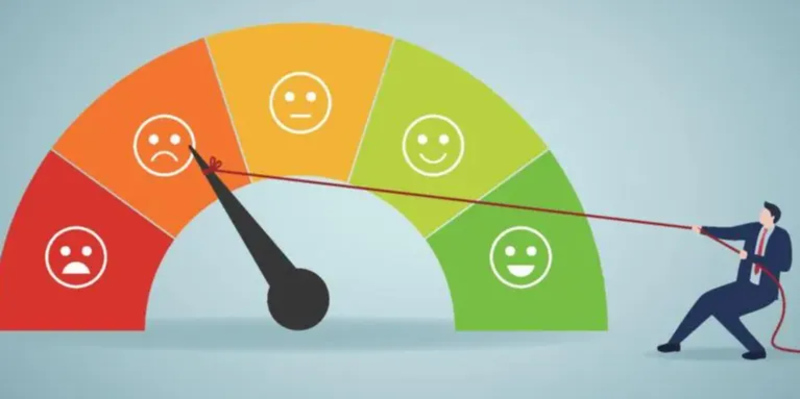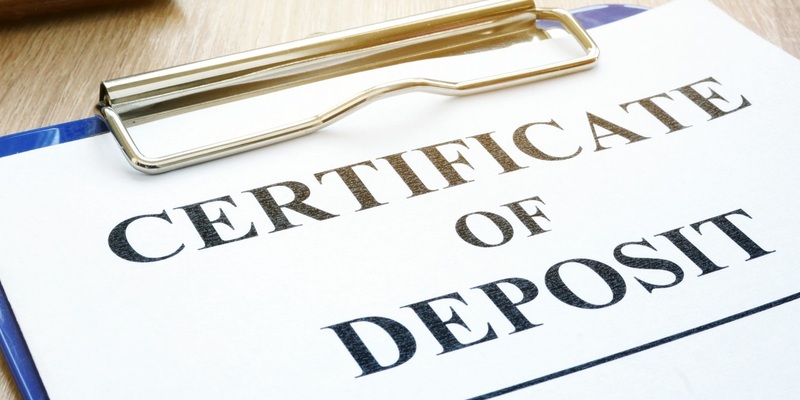A credit score holds great importance for your financial well-being, particularly in Canada. It helps decide whether you can get loans, approval of credit cards or even lease a house. In this article, we will walk you through the details of what is deemed as a positive credit score in Canada, the spectrum of such scores, and useful measures that could help enhance your rating for achieving sustained economic prosperity.
What is a Credit Score and Why Does it Matter?
A credit score is a number that shows your capability of paying back borrowed money. Credit scores usually are between 300 and 900. The bigger the score, the less risk for lenders. If you have a good credit score it means you can handle your debt well. This makes banks or financial institutions like to do business with you more. Consequently, a superior score frequently results in more advantageous interest rates and terms of loan. Conversely, a poor credit rating may result in increased costs for borrowing and sometimes even complete refusal of credit.
Credit Score Range in Canada - What is Considered Good?
In Canada, credit scores generally range from 300 to 900. These ranges correspond with different levels of risk for credit. Scores between 300 and 559 are thought of as poor while the ones that fall between 560 and 659 can be categorized under fair. If a score is in the range of 660-724 it is viewed as good which suggests you may be eligible for most credit products at reasonable rates.

A number from 725 to 759 is seen as very good, and above the figure of 760 is considered excellent. In more straightforward terms, a favorable credit score in Canada generally lies between 660 and 724. If you have attained this range's score, it suggests that your handling of credit has been adept and lenders perceive you as a borrower who poses little risk.
Factors that Affect Your Credit Score
Many elements play a role in calculating your credit score in Canada. The most critical ones include your payment history, the total debt you carry, the duration of your credit history, the kind of credits used, and recent requests for credit. Of these factors, payment history is the most crucial. Regular payments made on time can significantly improve your rating. Alternatively, your score can be greatly harmed by delayed payments, failures to pay, or bankruptcies.
The second significant element is how much you owe as debt. If you have large amounts of debt and are reaching or already at your credit limit it might indicate a signal to the lenders that perhaps, you may have overstretched yourself financially making lending to you a higher-risk activity.
The Benefits of Having a Good Credit Score
In Canada, possessing a strong credit score comes with lots of perks. One immediate advantage is getting loans and credit cards in better conditions. For instance, people having high credit scores usually get eligible for lower interest rates, allowing them to save considerable sums of money in the long run.
Having a good credit score boosts your likelihood of getting approval for a home loan because lenders perceive you as less risky. A strong rating in terms of credit can be instrumental when it comes to renting houses too, since many landlords examine this score to gauge how financially dependable you are. Sometimes, if the job role involves money management tasks, employers might scrutinize your credit during their recruitment process.
How to Improve Your Credit Score
To make your credit score better, you need time and regularity. A very helpful method to boost your score is by clearing outstanding debt and ensuring payments are done on schedule. Creditors and credit record companies value those borrowers who reliably pay on the dot every time. If you have not made payments on time, it can be beneficial to update your accounts and arrange reminders for future payments. This could assist in returning your finances to normalcy.
Another crucial element that can boost your credit score is decreasing the ratio of your credit utilization. This specific ratio calculates how much of the entire available credit has been utilized by yourself. Keeping a balance of under 30% of your credit limit can have a good effect on your score. Also, always checking on your credit report for mistakes and arguing against any incorrect information can support increasing your score.
Maintaining a Good Credit Score Over Time
When you have a good credit score, it's very important to keep it. For this, continue doing responsible credit control like paying your bills when they're due, not getting too much debt, and avoiding asking for lots of new credit. Also, remember to check your annual credit report so that all information is correct.

Keeping a good score might need time, but the rewards of having a robust credit profile justify this effort. Moreover, keep in mind that certain incidents in life like losing your job or significant medical costs can sometimes disrupt how you handle your credit. If you ever encounter troubles, think about seeking help from a financial advisor or a person who provides counsel on managing credit to regain control.
To Wrap it All Up
In Canada, a high credit score shows that you are good at managing your money and it is very important for getting financial products on beneficial terms. A credit rating between 660 and 724 is viewed as good, achieving this will simplify the process of obtaining loans, mortgages, or better terms on credit cards. To enhance your credit score concentrate on clearing existing debts promptly and maintain low use of available credits. If you keep a good credit score, it will be easier for you to get better financial opportunities later on.







